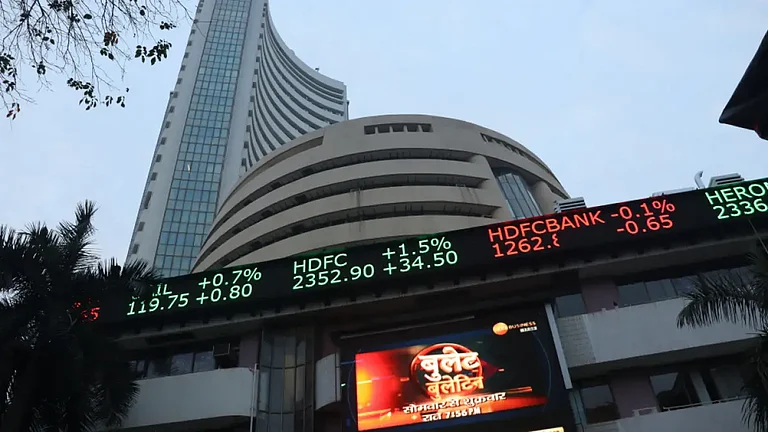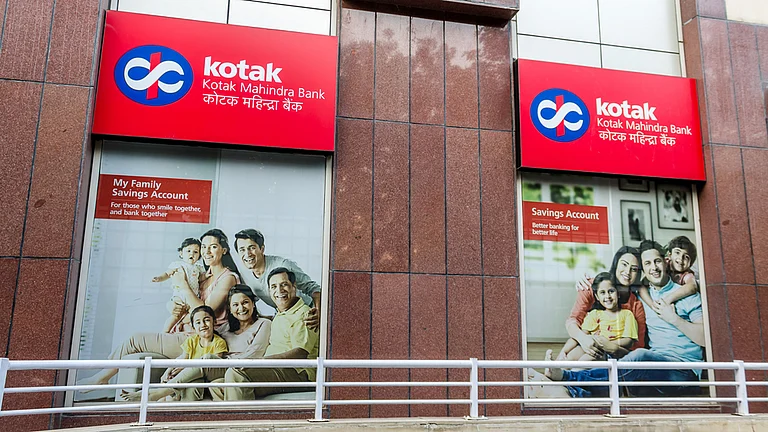Shares of capital market players BSE and Angel One came under intense pressure on 8 July, plunging as much as 9%, as investors reacted to fresh concerns about potential regulatory tightening around derivatives trading.
The sell-off followed a report by CNBC-TV18, which suggested that the Securities and Exchange Board of India (Sebi) is considering linking exposure in the options segment with positions in the cash market.
What this means is that the market watchdog is considering a regulatory move that would require market participants (especially institutions and brokers) to maintain a certain level of cash market exposure if they want to trade in equity options.
If implemented, such a move could boost liquidity in the cash market but significantly dampen activity in the options space. The regulator is also said to be exploring further measures to curb excessive retail speculation in options trading, the CNBC-TV18 report stated.
The news comes at a time when capital market stocks, BSE, in particular, has recorded a 13% slide since the Sebi cracked down on US-based proprietary trading firm Jane Street, accusing the foreign portfolio investor of manipulating index-based trades for unlawful gains.
Since Jane Street happens be a large entity, bringing in high trading volumes, Sebi’s ban o the firm stoked fears of reduced volumes in the derivatives market, potentially hurting earnings for BSE. However, global brokerage Jefferies’ comments offered to allay some of the investor concerns, stating that any earnings impact on BSE from Jane Street’s exit is likely to be minimal.
According to the brokerage, derivatives are expected to contribute roughly 58% of BSE’s revenue in FY26, but foreign portfolio investors account for only 3–4% of turnover in this segment. Within that, Jane Street’s share is estimated to be around 1%.
“We foresee a limited earnings impact from Jane Street. A 100 basis point dip in our FY26 premium turnover projections would translate to just a 60–70 bps reduction in EPS,” Jefferies noted.
On the flipside, it was ICICI Securities that flagged broader risks to BSE’s stock performance, citing a combination of factors: regulatory overhang on volumes, recent change in derivatives expiry day, and the stock’s rich valuations. The brokerage highlighted that BSE’s premium average daily turnover (ADTV) in June fell 12.4% month-on-month to ₹13,900 crore, following sharp gains in April and May.
“While we remain fundamentally positive on BSE’s long-term outlook, current valuations appear to fully reflect medium-term growth potential,” ICICI Securities said. “At current prices, the stock is trading at over 45x FY27E core EPS, which we believe already prices in a fair degree of optimism, especially given the emerging regulatory risks.”

































